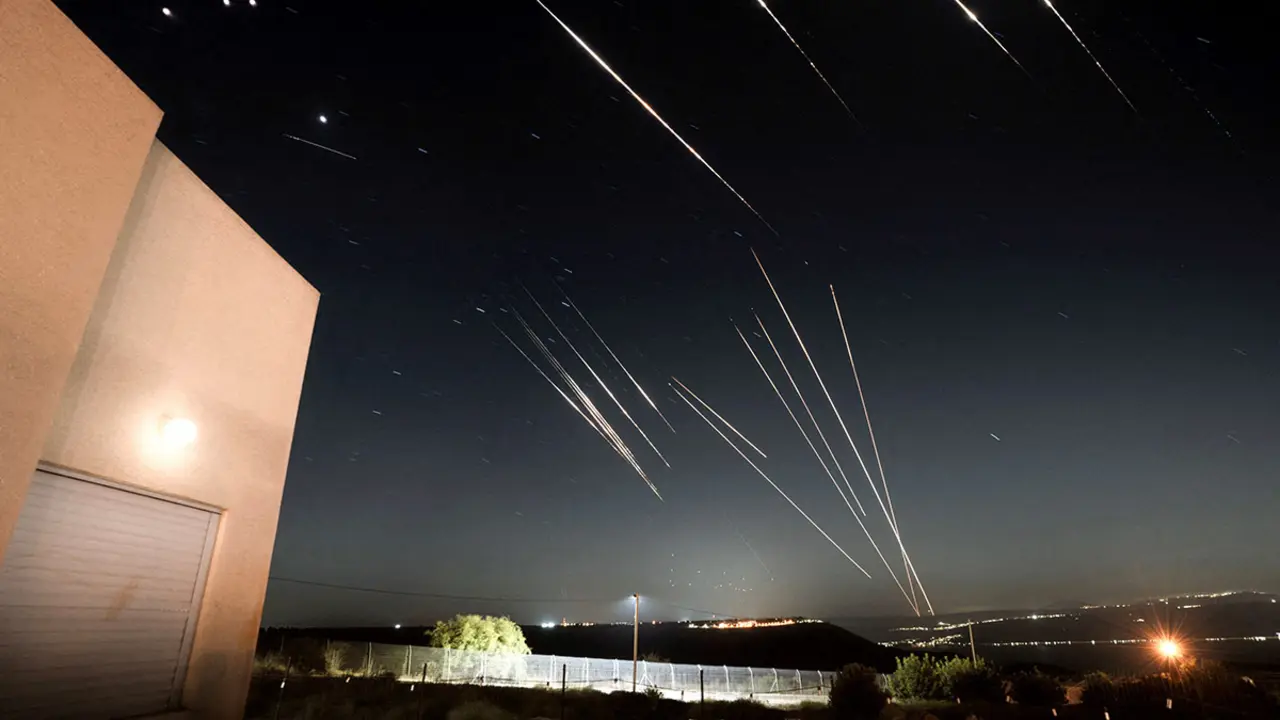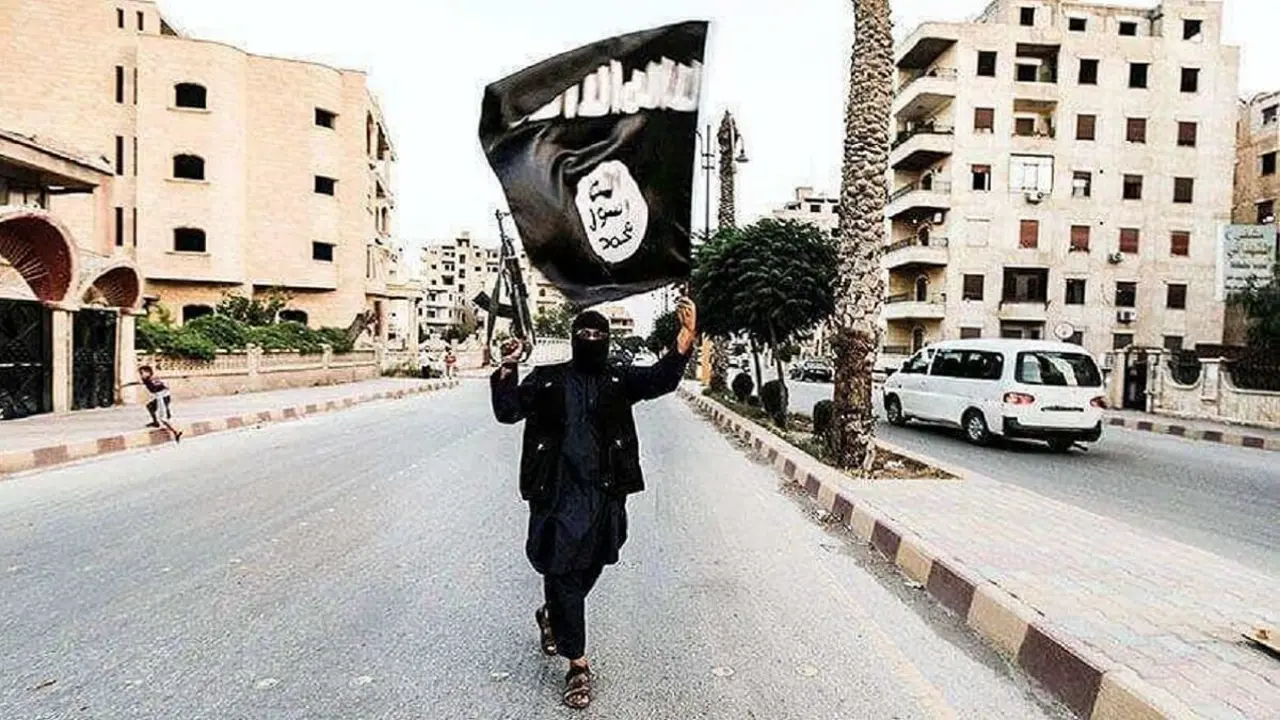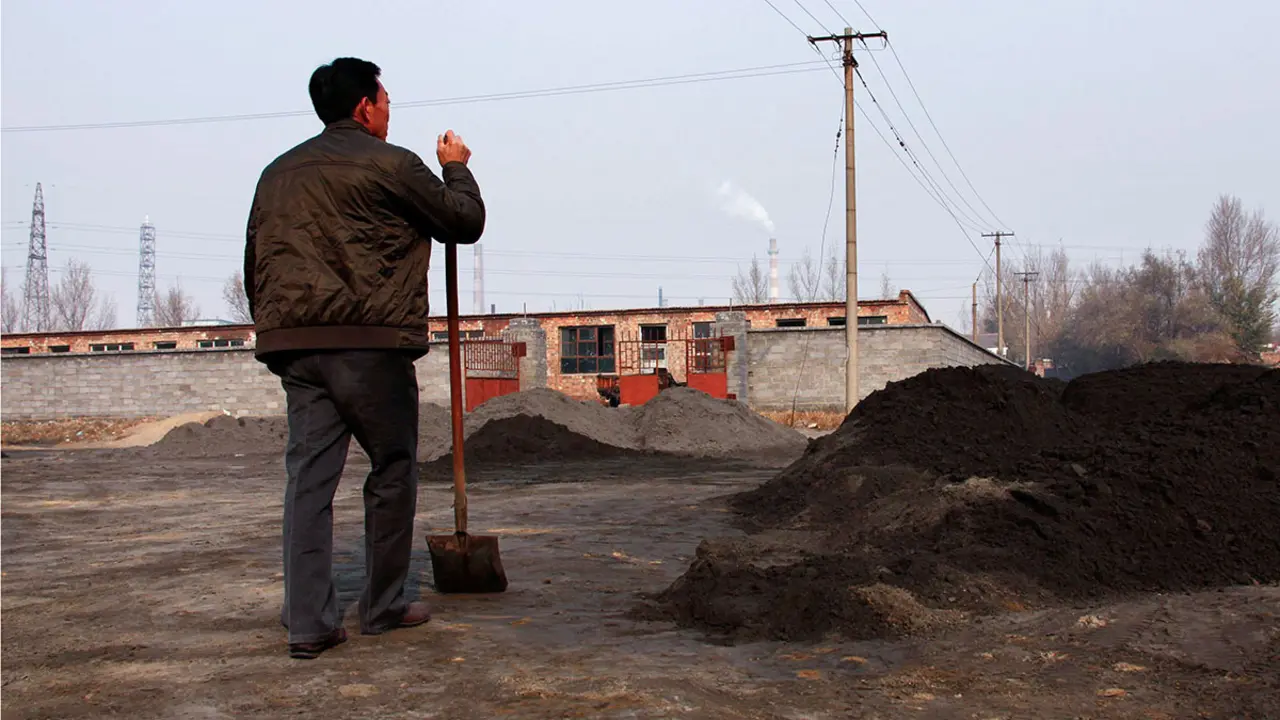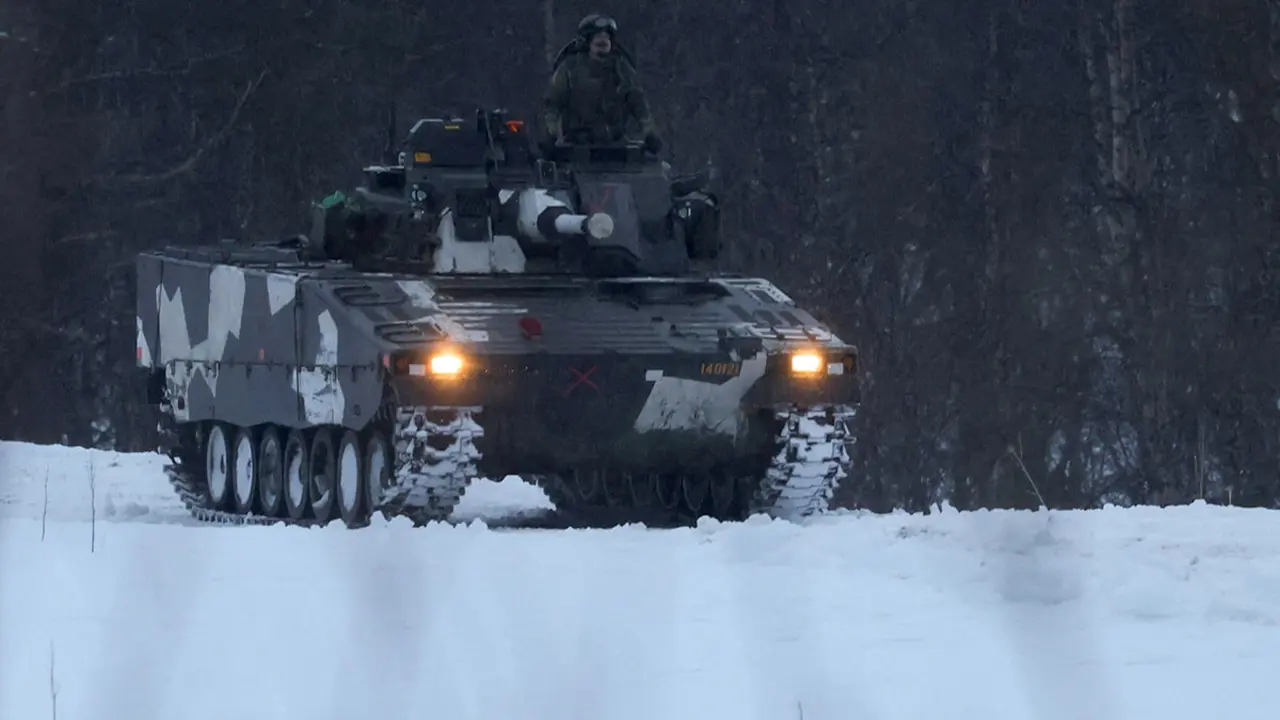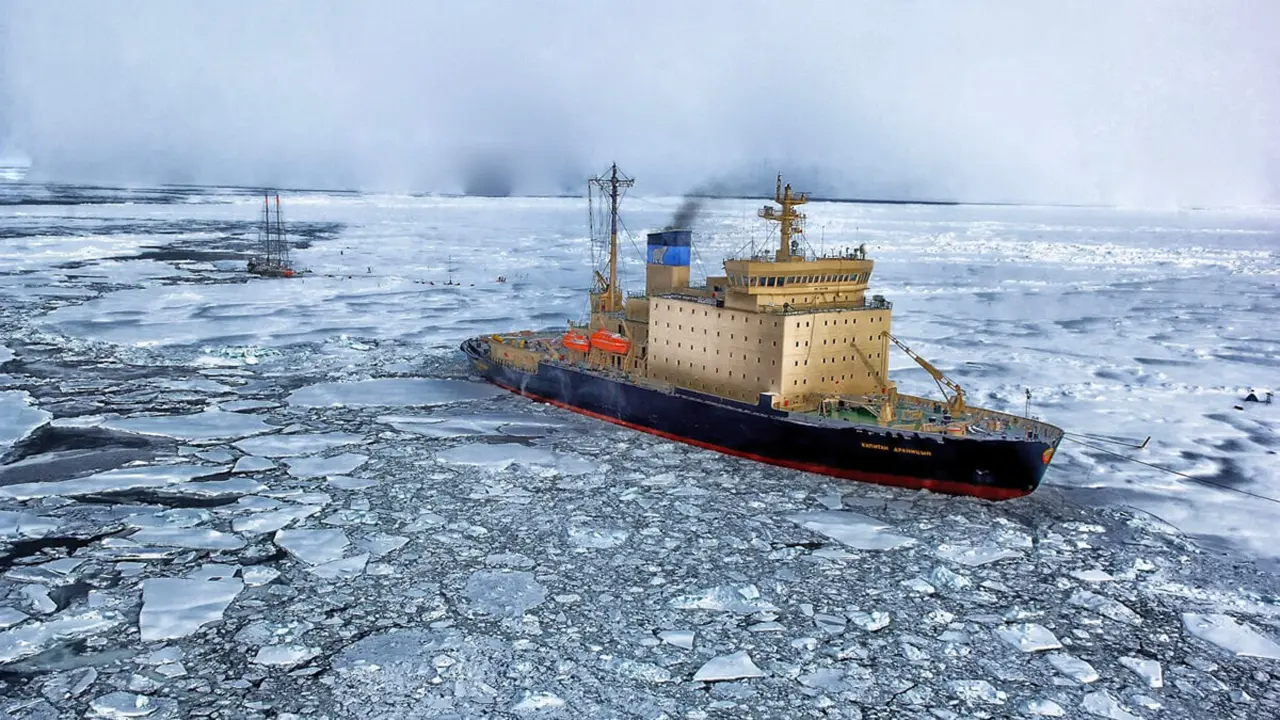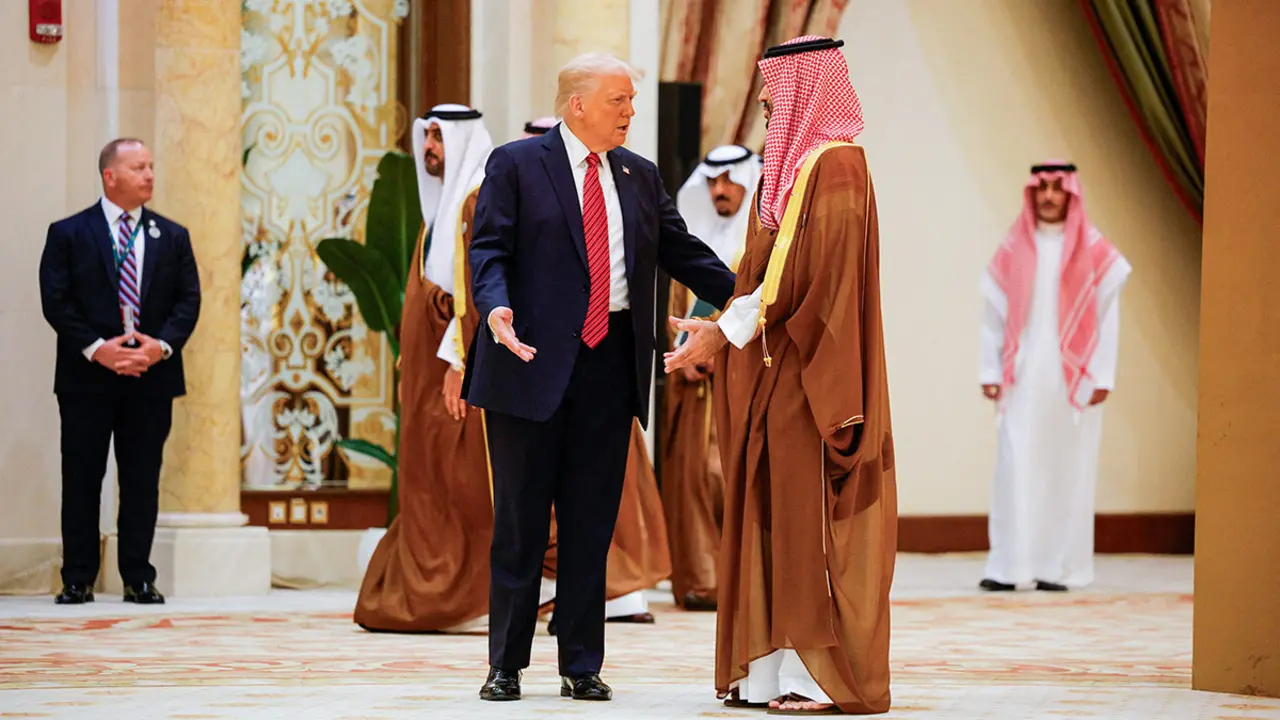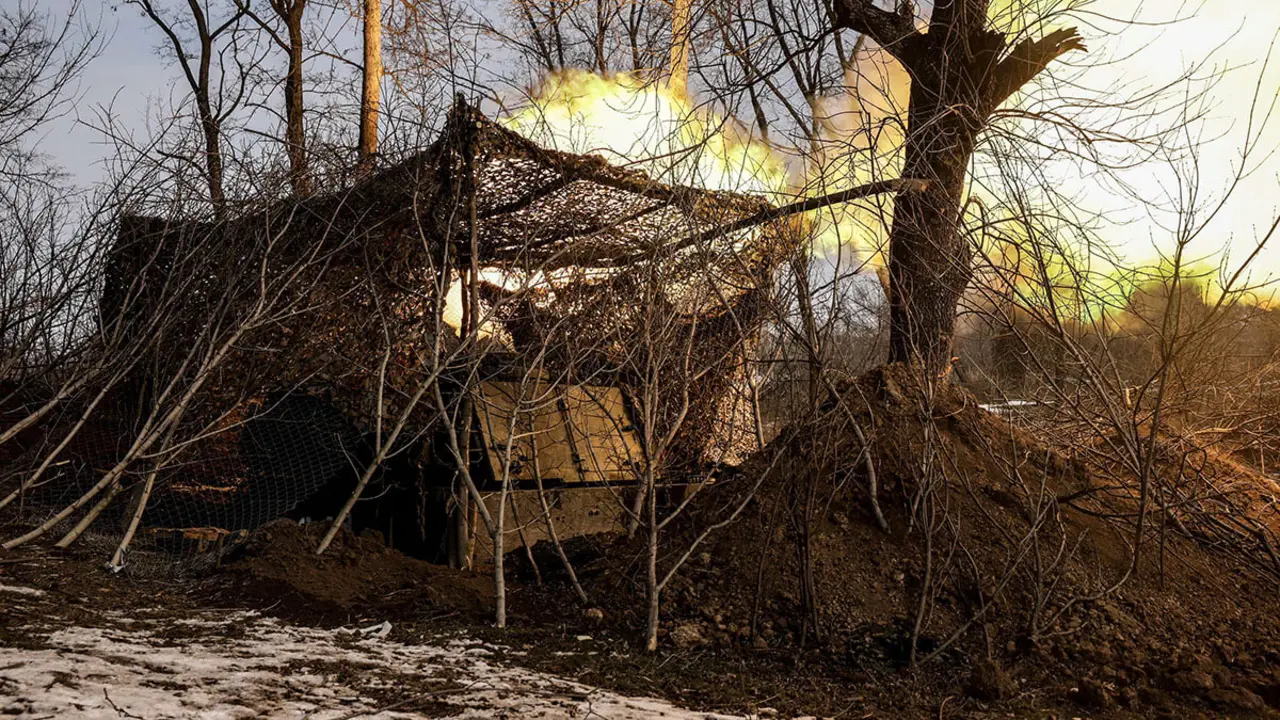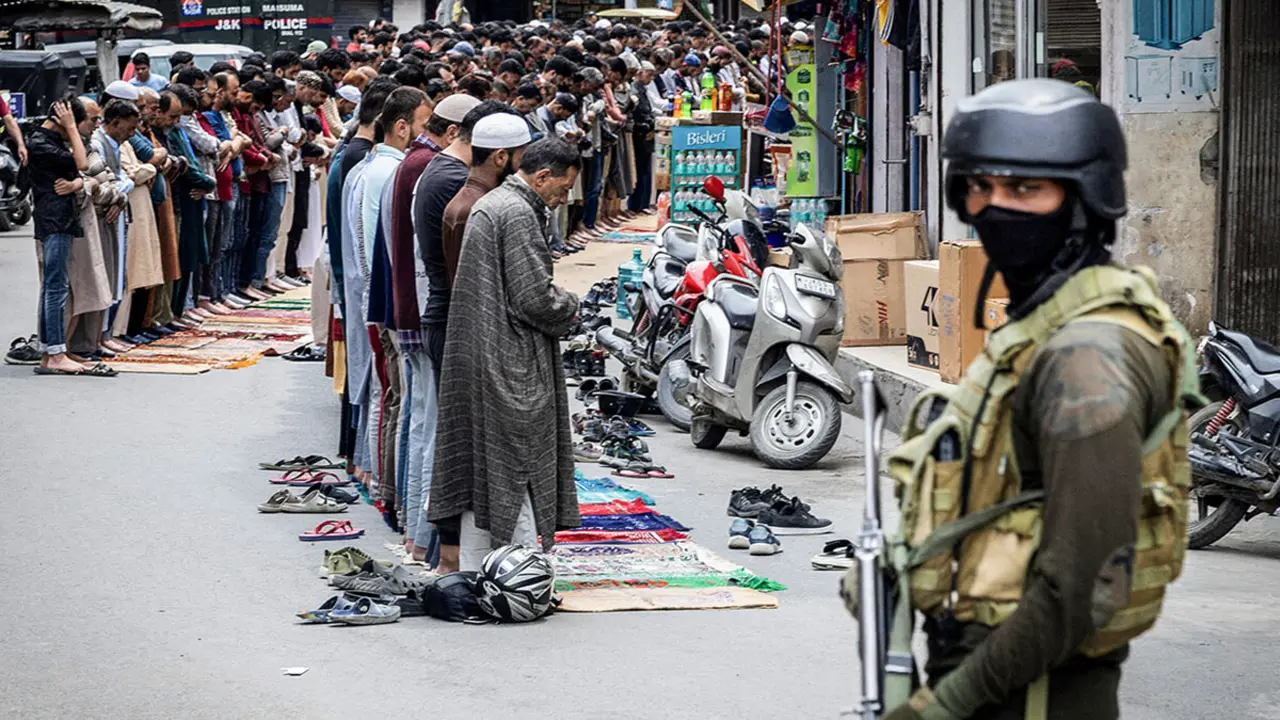Algeria's moves to tackle its major crisis

Abdelmajdid Tebboune is facing one of the most complicated moments since he assumed the Algerian presidency on 19 December 2019. The crisis the country is going through has many facets. The main one, and the one that worries the president the most, is that it has caused his country to lose weight on the international stage. However, he himself acknowledges that, before he can recover the ground he has lost in foreign policy, he must solve internal problems. Repression has provoked harsh criticism within the country, which has not been supported by an international community more concerned with energy allies than with rights struggles.
Many of Algeria's problems revolve around governance. Algeria is Africa's third largest economic and second largest military power, standards that do not correspond to the poor development the country has experienced in recent years. And it is precisely this weakness that has led to protest, which in turn has led to repression. "When Tebboune came to power he described the Hirak as a 'blessed movement' that 'saved Algeria', but we have witnessed his government intensify repression against it, targeting independent journalists, lawyers, civil society activists and political parties that oppose the regime," Yasmine Hasnaoui, professor of Political Science and International Relations at the American International University of Kuwait, told ATALAYAR a few months ago.

Since then, change in Algeria has been non-existent. The 'new Algeria' that Tebboune speaks of, in which he counts Saïd Chengriha, chief of staff of the People's National Army, as his most trusted man, has not been able to address the social problems facing his country. What is more, the measures he has taken have only continued to provoke unrest among the population. One of the latest examples is the decision to censor films critical of official institutions and figures. The excuse of protecting "sanctity, symbols, and national, spiritual and official values" has been the pretext used to take away Algerians' freedoms.
All these actions are closely watched by international organisations that view the evolution of Tebboune's policies with concern. This does not prevent the Algerian president from continuing to hope to strengthen his position and improve his country's image abroad. He has made this clear, assuring that "we seek to support development efforts on the African continent with fraternal motives. We will build schools and hospitals and dig water wells, and the start can be in northern Mali". Precisely because Bamako is one of the enclaves in which Algeria has high hopes of gaining influence in Africa.

Regaining influence in the Sahel
A vital region for Algeria's aspirations, as shown by the latest visits of Foreign Minister Ahmed Ataf. Mauritania and Mali have been the two latest destinations chosen by the Algerian government to strengthen its position in the region. Ataf travelled to Nouakchott for a meeting with his Mauritanian counterpart and President Mohamed Ould Cheikh Al-Ghazwani. He left with a signed agreement that is expected to improve political coordination on common issues, including a policy of cooperation in the sub-Saharan region.
After sealing the agreement, the Algerian minister, accompanied by the director of foreign intelligence, General Jabbar Muhanna, travelled to Mali. In Bamako, the two men discussed one of the issues that distances the two administrations. Since Algeria sponsored the peace and reconciliation agreement in Mali in 2015, the situation has changed a great deal. So much so that Mali's Minister of Reconciliation, Ismael Wagué, has questioned Algeria's mediating role. He considers that "certain movements" on the part of the Coordination of Azawad Movements (CMA) have not been "condemned" by those who should ensure the security of the agreement, such as Algiers.

"Their perpetrators have never been called to order," Wagué says of the AMC's actions. The lack of protection has been one of the sentiments that has pervaded Malian society, even with the theoretical help of organisations such as MINUSMA (the UN mission in the country), the Independent Observatory and the International Group of Experts for Mali sanctions. They believe they have "never lived up to expectations", something they also blame on the Algerians, which has prompted the visit of Tebboune's executive delegation, which is not an isolated action either.
Algeria is working to enhance its military presence in the region as part of the fight against terrorism, or at least that is how it wants to appear. Observers believe that this fight against extremist activity could hide a desire to gain influence on the continent, using the fight against terrorism as an excuse. Chengriha explained that his country "advocates the adoption of a new African approach to counter-terrorism based on the fight against armed groups and the prevention of all forms of extremism". The chief of staff of the National People's Army believes that these threats "require working in cooperation to reduce violence and extremism".
The Algerian Ministry of Defence reported that "it was agreed on the need to intensify operational coordination on the ground by scheduling patrols along the entire border strip separating Algeria and Niger". This is the last of the three countries that make up the key region that Tebboune's government wants to strengthen. The Sahel is vital to Algeria's aspirations, although it also has a major drawback on its northern flank, in the Maghreb. Morocco is the bastion that Algiers does not seem prepared to overcome. Meanwhile, the Tebboune-Chengriha tandem is trying to hide the crisis in its country by attacking its Moroccan neighbour, which, on the other hand, continues to grow and establish itself as a regional leader.

The Moroccan threat to Algerian aspirations
An impassable wall. This is how Rabat presents itself in the face of Algeria's - perhaps over-optimistic - dream of regional leadership. Despite being the second largest military force on the African continent, Algeria has increased its military spending by 130 per cent compared to 2022, reaching 23 billion dollars. This amount represents 15% of GDP, almost triple that of the previous year - 5.5%. An exponential increase that, unsurprisingly, has been met with a response from the Moroccan side, whose budget for the Royal Armed Forces in the new Finance Law is 17 billion dollars, almost 3.5% of GDP.
Algiers' arms potential is second only to Cairo's, according to the Global Fire Power (GFP) ranking. However, the trends seem to be intertwined. Morocco aims to become a military power by 2030, and has already set all its machinery in motion to achieve this goal. Its close relationship with Washington facilitates a path that already has its initial line drawn. The Alawi kingdom is acquiring Abrahams armoured cars, Predator drones, upgraded F-16 fighters and HIMARS. The latter, recently acquired, are highly mobile artillery rocket systems that have proven themselves on the battlefield as a major Ukrainian barrier to Russian attacks.

To counter Moroccan effectiveness, Algeria wants to tilt the Maghreb balance towards an eastern influence. Beyond the intrinsic rivalry between Algerians and Alawis, what lies behind both is a struggle for power in North Africa. Morocco, with the majority support of Europe - through close relations with the EU - and its key US ally, faces an Algiers increasingly orchestrated by Russia and, to its detriment, Iran.
With the Kremlin's efforts focused on the war in Ukraine, Algeria was looking for new support to bolster its arms potential. The profits from the European gas crisis were destined for the Tebboune government's coffers even before they reached its coffers. The social and economic crisis in his country was not a good enough reason to spend the money on improving infrastructure or combating the effects of pressing inflation. The executive chose to push for an aggressive build-up of military potential, at which point Iran burst onto the Algerian scene.
Algeria wants to become the "pivot around which Russia's Africa policy turns", Jorge Cachinero in El Economista
The struggle for influence in the Maghreb
Iran offers aid to Algeria that, far from being disinterested, comes at a high cost both for the country itself and for the security of the region. The Ayatollah regime, following Moscow's lead, wants to profit from this. In return for the arms that the Iranians provide to Algeria, Tehran is requesting military bases in Western Sahara in order to reach the Atlantic and gradually gain weight in the Maghreb and the Sahel.
Iranian and Russian moves are worrying Europeans and Americans. They view with suspicion this gain of Russian influence in North Africa and hold the Tebbounis responsible for facilitating the entry of the Wagner group into Africa. But this Russian-Algerian complicity has only just begun. Algeria's plan is to further strengthen its ties with Vladimir Putin's regime. Jorge Cachinero noted a few weeks ago in his opinion column for the Economist that Algeria wants to become the "pivot around which Russian policy towards Africa revolves".

What is not so clear is that Russia's will is the same. The Kremlin is not particularly interested in reaching the point of cooperation sought by the Algerians. Abdelmajdid Tebboune wanted Russian help to carry out a series of infrastructure projects, something the Russians do not intend to do at the moment. Hence, certain Algerian authorities fear a possible Moroccan rise at the hand of the United States that would end up burying any glimmer of hope that remains in Algeria to take over Morocco's increasingly established regional leadership.


